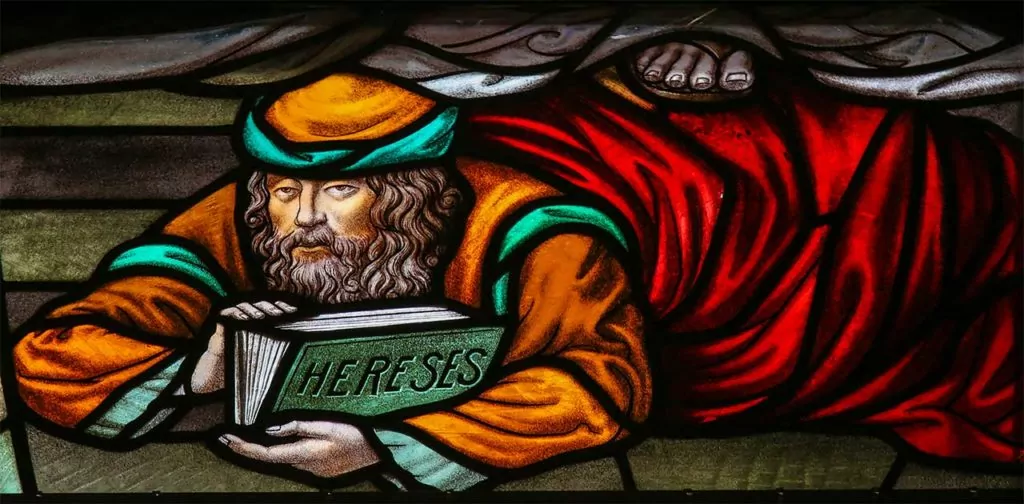The challenges and reality of climate modeling (5 min)
Steven Koonin is a scientist whose experiences include time as undersecretary of science at the Department of Energy in the Obama administration. He’s also written Unsettled: What Climate Science Tells Us, What It Doesn’t, and Why It Matters and the point he’s arguing here is that scientists need to speak with a lot more humility in acknowledging the uncertainty about the conclusions their climate models come to, since they are built on assumptions upon assumptions. For his 1-hour-long interview on the same topic, click here.
What makes a man manly? (10-min read)
Evolution and God have two very different answers to that question, as Nancy Pearcey explains.
Evolution leads to bad science example #6819: human tails
Once every few hundred million times or so, a child will be born with what looks somewhat like a tail. Charles Darwin pointed to these instances as examples of our evolutionary origins – throwbacks to tailed ancestors we once had. Then:
“In the 1980s, scientists took this theory and ran with it. They argued that a genetic mutation, evolved by humans to erase our tails, could sometimes revert back to its ancestral state.”
It took a long time, but the facts finally overwhelmed the evolutionary assumptions – these are not evidence of our origins, and not tails at all, but major mishaps, typically associated with an improper fusing of the spinal column.
Ranked Choice Voting (RCV)
Though I myself am a fan of Ranked Choice Voting – where you rank all the candidates from your first preference down to your last – it does have its downsides, which are explored in the article above.
While there is no perfect electoral system, some are better and others worse. For example, electronic voting machines are touted for their convenience, but their coding is most often a proprietary secret, which is just one reason they don’t allow for the accountability and transparency that pen on paper ballots can offer. And of course, the problem with all democratic systems is that voters can be very wicked and they may just get what they voted for.
COVID-19, hygiene theatre, masks, and lockdowns: “solid science” or science veneer? (15 min read)
“In an ideal world, there would be some process by which our public health agencies, at least, could come to recognize and admit how badly they managed to ‘follow the science’ on COVID-19, and how vast was the gulf between their expressions of absolute certainty and what the scientific literature showed at the time was, in fact, a sea of uncertainty. Until such a ‘truth and reconciliation’ process takes place, it is hard to see how public trust in public health institutions might be restored.”
Unintended consequences: a reason for restrained government
Chesterton is said to have quipped “If men will not be governed by the Ten Commandments, they shall be governed by the ten thousand commandments,” his point being that if men won’t be restrained by God, then the government will have to step in, and they’ll do a hodge podge of it.
As opposed to God’s divine law, governmental rules and regulations are a clumsy tool, devised as they are by fallible men and often at a great distance from the problems they are trying to address. So it is then, that governmental “solutions” often cause bigger problems – unintended consequences. Understanding this reality, lawmakers should, in humility, use the tool of lawmaking only when they absolutely must.












